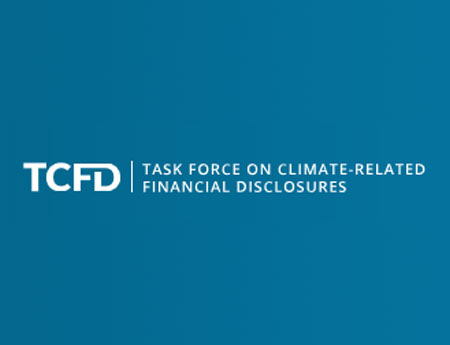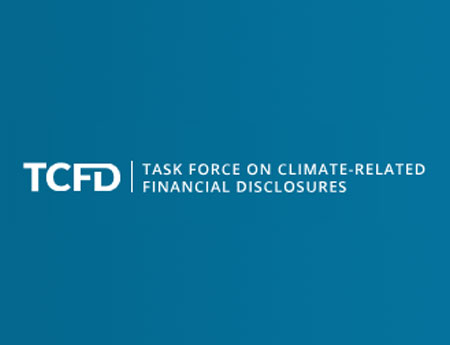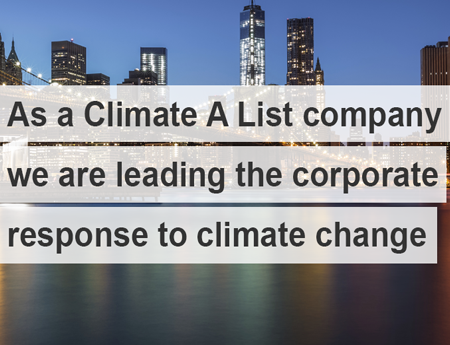Reaction to National Contact Point notification about ING by Greenpeace, BankTrack, Milieudefensie* and Oxfam
8 May 2017
Today, four NGOs have requested the Dutch National Contact Point for the OECD Guidelines to make a statement on ING’s climate policy regarding the following two issues:
- Disclosure of the carbon emissions of ING and its clients by no later than 2018.
- Disclosure of a target to limit these emissions to no more than 1.5°C and to restrict further global warming, as stated in the Paris Climate Agreement.
ING finds the notification to the NCP premature and unnecessary. Climate change poses a tremendous challenge for our world and banks also have a role to play in meeting this challenge. ING has already disclosed its own carbon emissions for more than 10 years.
In the Paris Climate Agreement almost 200 countries have agreed to limit global warming to a maximum of 2 degrees, while targeting 1.5 degrees. Strictly speaking, the climate agreement is only binding upon countries, but ING thinks that companies also have an important role to play in achieving the climate objective. The attribution of carbon emissions to a global warming scenario is important. But we currently lack an international standard for reliable and comparable data. For this reason, ING is unable to deliver or disclose the requested data.
ING and climate
This is what ING is doing to help achieve the climate agreement:
1. Disclosure of ING’s total carbon emissions:
- The carbon emissions of ING Bank are disclosed every year in our annual report. In 2016, ING Bank emitted 74 Ktonnes of carbon. Since as early as 2007, ING has offset all its own carbon emissions, which means we have been climate-neutral since that year.
- No reliable data are available on the carbon emissions of clients. By no means all clients collect or disclose these data. So it is impossible for us to calculate emission totals for our portfolio. But we continue to explore ways of doing this.
2. Disclosure of a climate target:
- Since 2015 ING has set itself a science based target to keep its emissions within the 2°C limit as set in the Paris Climate Agreement. To achieve this, we must reduce our carbon emissions in 2020 by 20% relative to 2014. We have already cut our emissions by 27% thanks to a 10% reduction in our energy consumption and a substantial increase in our green power procurement (91% worldwide in 2016 versus 77% in 2014). This objective was thus already comfortably achieved in 2016.
- ING has no target for the ING-financed carbon emissions of its clients. The reasons are twofold: no reliable data are available (see above) and no method has been developed as yet to link clients’ emissions to a 2°C scenario. International organisations such as the Financial Stability Board (FSB) and the Science Based Targets initiative, whose participants include the World Resources Institute and the World Wide Fund for Nature, acknowledge this. These organisations are championing science based 2°C targets, with a primary focus on companies. ING supports the FSB Taskforce Recommendations on Climate-related Financial Disclosure (TCFD) in pressing for the disclosure of carbon emissions and a 2°C target by businesses, the pricing of carbon emissions and the phasing out of fossil fuel subsidies. Once the carbon emissions and accompanying 2°C targets for companies are known, banks can take these data on board in their risk analysis. ING supports this and has therefore co-signed the statement calling on the G20 to encourage companies to disclose their carbon emissions and 2°C scenario.
In short, though ING is still unable to calculate its clients’ ING-financed carbon emissions and accompanying 2°C targets, ING is doing more than merely endorsing the importance of disclosure. We disclose our own emissions and keep our own emissions within the 2°C scenario. In addition, ING is championing energy transition by reducing the coal-fired power plants in its portfolio and vigorously growing its renewable energy financing. We also set specific energy-efficiency standards for our clients. ING Real Estate Finance, for instance, demands that the buildings of all its corporate clients have an A, B or C energy label by 2023.
Climate: valuation strategy, measures taken and reports
The leading non-profit organisation CDP has measured thousands of companies for climate mitigation actions and strategies and ranks ING among the top 9%.
ING has once again been included – with the highest possible score – in the CDP Climate A List comprising 193 corporate leaders on climate change. ING has also received a Euronext/CDP Leadership Award for its excellent environmental reports.
*Milieudefensie (Friends of the Earth Netherlands)



